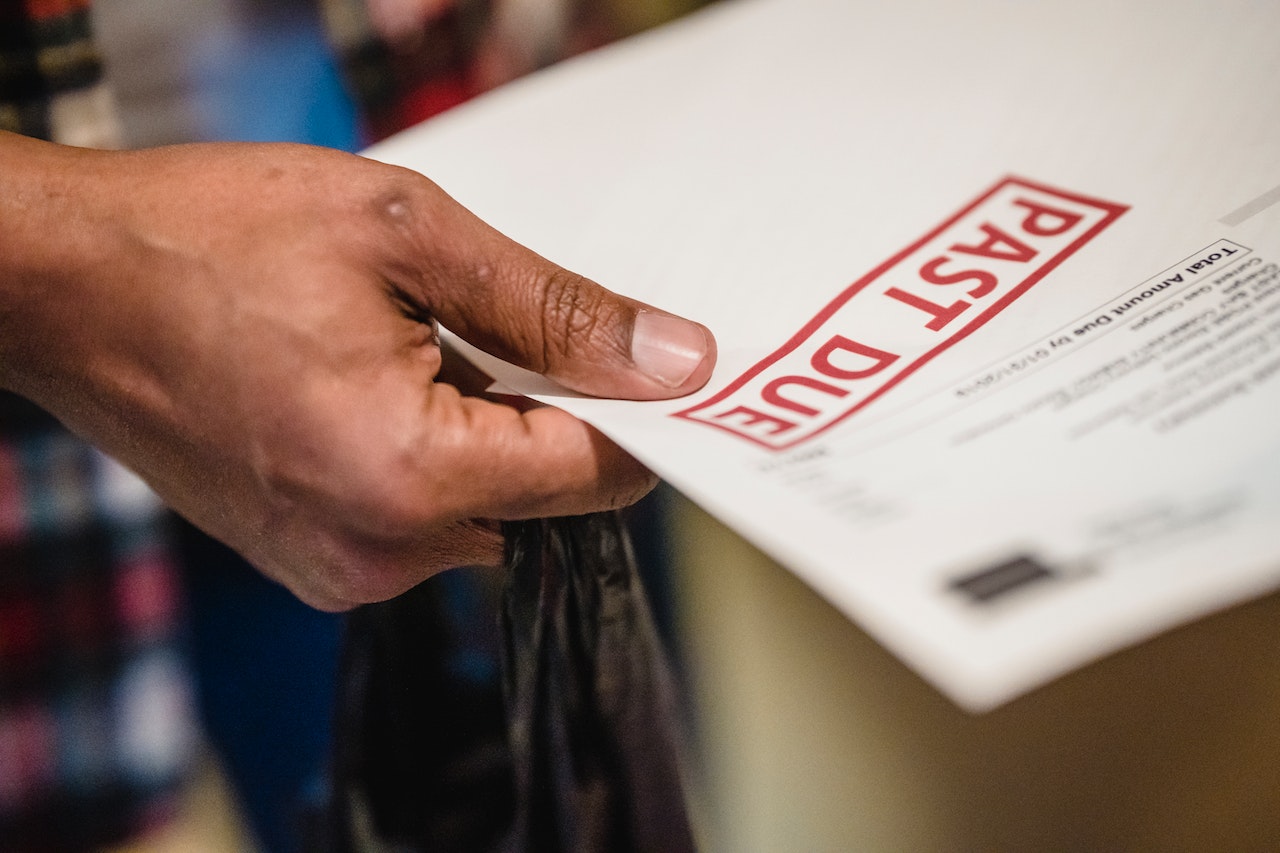One of the largest non-profit hospitals in the U.S. has been caught using aggressive debt collection tactics to get money from patients who never should’ve been charged for healthcare services. Providence Hospital System has now agreed to refund some 700 low-income patients who were charged for care that should’ve been free.
All the patients qualified for Medicare, but they were still billed for care related to their stay, and subsequently sent to debt collections. An investigation into the facility revealed that it was using a billing practice known as Rev-Up, which is designed to collect as much money from patients as possible, even those whose incomes were so low they couldn’t afford to pay anything at all.
Under state law in Washington where Providence is based, hospitals must provide free healthcare to patients who make less than 300% of the federal poverty level, which comes out to around $83,250 a year for a family of four. Records show the company waived all costs for patients covered by Medicare up until 2019.
But that same year, the health system started to send Medicare patients to debt collectors. The company operates 51 hospitals and over 900 clinics across the country.
In February, Bob Ferguson, the attorney general of Washington State, sued the company for its aggressive billing tactics. Ferguson accused Providence of violating state law in part by deploying debt collectors to go after more than 55,000 patient accounts. Providence is fighting the lawsuit.
“Providence’s practices subjected some of the most low-income and vulnerable Washingtonians to aggressive attempts to collect payment by (debt collectors),” the lawsuit alleges.
The DA’s office reached out to a financial counselor, who spoke about the dangers of the company’s billing practices.
“We are sending the poor into bad debt and not treating them the same as other patients that would be uninsured for the days of admit prior to Medicaid (eligibility),” the counselor wrote.
In September, Providence started reaching out to some 700 patients who were wrongly billed, but the company refused to comment on its current billing practices or how much money it is refunding to the patients.
When asked about the change in policy, Melissa Tizon, a spokeswoman for Providence, blamed the incident on an “unintended error” that occurred when Providence was updating how it identified those eligible for charity care, “causing some Medicaid patients to receive collection notices.”
A New York Times investigation into the company’s billing practices revealed the depths collectors would go to get money from poor patients. The report says that the system intentionally went after low-income patients to increase its revenue.
“As I read the story, I did not recognize the organization that was being described because it is not the organization we serve. I am sorry you had to read it,” wrote Gregory Hoffman, Providence’s chief financial officer. He added that Providence would reach out to “each of the patients featured in the article to talk with them about their experience and ensure they have the financial assistance they need.” He called the allegations “untrue.”
“In alignment with our heritage, values and mission, the Providence family of organizations continues to be here for everyone, regardless of their ability to pay,” Hoffman said in a statement.
The health system even ran full-page ads in local newspapers promoting its charity care services the same day the expose was published.
State and federal officials reacted to the story by saying they would investigate the company and its billing practices.
“Again, I recognize how painful it has been to read and process the recent news coverage,” Hoffman said. “It has been hard for us all, especially our financial counselors and revenue cycle caregivers, who serve those in need with respect and compassion every day.”
The company added that it provided charity care to 266,000 individuals in need in 2021 and absorbed $1.2 billion in uncompensated costs resulting from serving patients covered by Medicaid.



